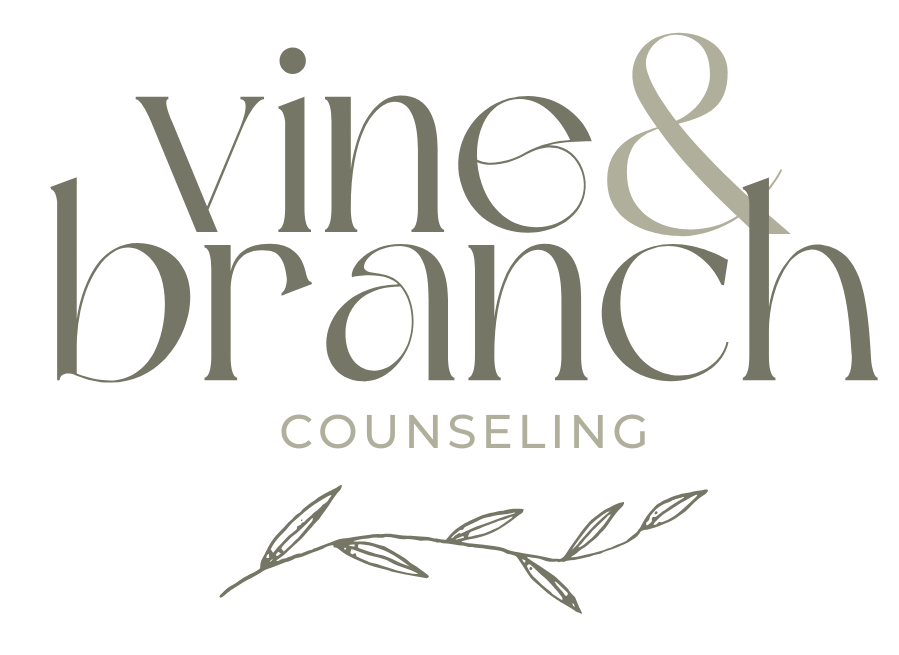Finding the Right Therapist: A Guide to Choosing the Best Fit for You
Why Finding the Right Therapist Matters
Finding a therapist can feel overwhelming. There are so many choices, different credentials, and therapy styles that it’s easy to feel stuck before you even begin. But here’s the truth: finding a therapist isn’t just about choosing someone with the right degree; it’s about finding someone you feel comfortable with, who understands your unique needs, and who can help you grow in the ways you want to.
Think of it like finding the right pair of running shoes. Sure, they all serve the same general purpose, but the right fit can make all the difference in how supported and confident you feel on your journey.
In this guide, we’ll break down what to consider, how to narrow your options, and ways to tell when you’ve found the right fit.
1. Understand What You’re Looking For
Before you start searching, get clear on what’s bringing you to therapy and what you hope to gain from it. Ask yourself:
What’s motivating me to start therapy now?
Am I looking for help with a specific issue (like anxiety, grief, relationships) or for general personal growth?
Do I want short-term support or a long-term relationship with a therapist?
One client I worked with came in looking for help with stress at work, but through our conversations, we uncovered deeper challenges around self-worth and boundaries. Knowing her goals early helped us focus on what mattered most to her.
Tip: Write down your goals before you start searching. This will help you find a therapist whose experience and approach align with your needs.
2. Know the Different Types of Therapy and Specialties
Therapists often have different training, methods, and focus areas. Understanding these can help you find someone equipped to help with your concerns.
Some common therapy approaches include:
Cognitive Behavioral Therapy (CBT): Focuses on identifying and changing unhelpful thoughts and behaviors.
Dialectical Behavior Therapy (DBT): Combines CBT with mindfulness to help with emotional regulation and distress tolerance.
Attachment-Based Therapy: Explores how early relationships shape your current patterns.
Trauma-Informed Therapy: Focuses on safety, trust, and empowerment for clients with trauma histories.
Specialties may include anxiety, depression, grief, trauma, couples counseling, or life transitions.
EXAMPLE: If you’re processing a loss, a therapist who specializes in grief counseling will bring a different lens and set of tools than one who primarily works with career transitions.
3. Consider the Format: In-Person, Online, or Hybrid
Think about what setting works best for you.
In-person sessions can feel more personal and offer a dedicated, private space for reflection.
Online therapy can be more convenient and accessible, especially if you have a busy schedule or live in a rural area.
Hybrid models offer the flexibility of both.
4. Check Credentials and Experience
You’ll see different titles such as Licensed Professional Counselor (LPC), Licensed Clinical Social Worker (LCSW), Licensed Marriage and Family Therapist (LMFT), and Psychologist (PhD or PsyD). Each has different training paths, but all can provide effective therapy if they are licensed and trained in your area of concern.
Tip: Look for someone licensed in your state and with experience in the issues you want to address.
5. Use Directories and Referrals
To start your search:
Online directories like Psychology Today, TherapyDen, or GoodTherapy let you filter by location, specialty, and insurance.
Referrals from friends, family, or your doctor can be helpful, but remember that what works for them may not be the right fit for you.
6. Schedule a Consultation
Most therapists offer a free or low-cost initial consultation. This is your chance to:
Ask about their approach and experience.
Share what you’re looking for.
Get a feel for their personality and style.
Possible Questions to Ask:
What experience do you have with [your concern]?
What does a typical session look like with you?
How do you track progress in therapy?
One client told me she chose me after our consultation because she “felt heard and not rushed”. First impressions matter.
7. Pay Attention to the “Fit”
Research matters, but your comfort level matters more. Ask yourself after a first session:
Did I feel understood?
Could I be open and honest with this person over time?
Did I feel respected and not judged?
If the answer is “yes” to most of these, you may have found a good match. If not, it’s okay to keep looking.
8. Consider Practical Factors
These might not be the first things you think about, but they’ll affect your ability to stick with therapy:
Location and commute time
Cost and payment options (private pay, insurance, sliding scale)
Availability that fits your schedule
9. Give It a Few Sessions
Even with a good fit, it can take time to build trust and see progress. Unless something feels clearly wrong, give it 3–4 sessions before making a decision.
Closing Thoughts
Finding the right therapist can take time, but it’s so worth it. The right fit can make you feel seen, supported, and empowered to work through whatever you’re facing. Trust your instincts, ask questions, and don’t settle for less than what you need.
If you’re looking for a therapist who values authenticity, compassion, and a collaborative approach, I’d love to talk with you about how we might work together.
Ready to start your search? I offer FREE consultations for new clients and would be happy to help you explore whether we might be a good fit. I offer in-person, online, and hybrid sessions for clients in Texas. Click here to request more information or schedule an appointment.
